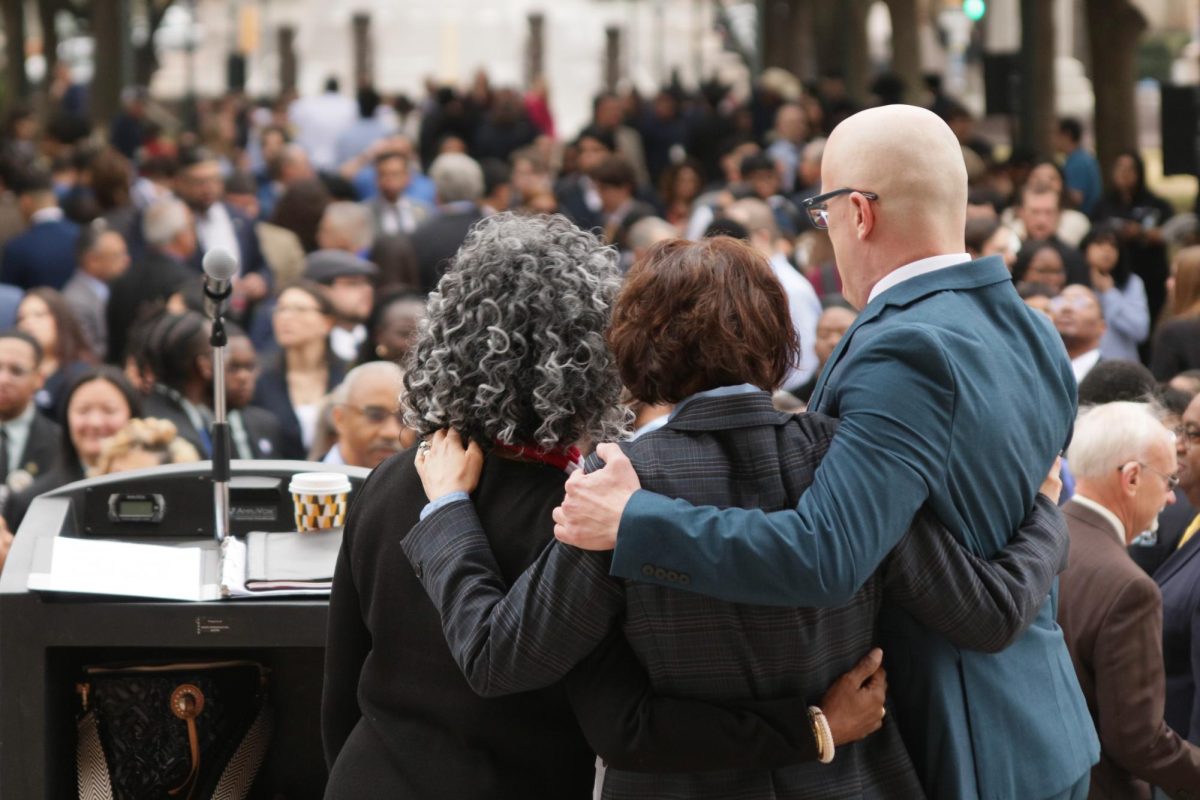As mosquito season continues in the U.S. , the resurgence of several mosquito-borne illnesses, including West Nile virus, Eastern equine encephalitis (EEE) and dengue, are being closely monitored. According to the Dallas County Health and Human Services’ (DCHHS) website, the West Nile virus remains the most common mosquito- borne disease in the U.S. since it was first identified in 1999. While the majority of individuals infected with West Nile virus do not exhibit symptoms, about one in five will experience fever, headaches, body aches, joint pain or a rash. In severe cases, the virus can lead to more serious conditions such as encephalitis, an inflammation of the brain that can be fatal. Eastern equine encephalitis, though less common than West Nile virus, has a high mortality rate, making it a serious health threat. EEE can lead to severe neurological damage, including convulsions, paralysis and intellectual disability. The virus is most prevalent in Eastern and Gulf Coast states, but cases can occur elsewhere in the country. The early detection and treatment is extremely important to mitigate the potentially deadly effects of EEE. A recent incident in New Hampshire illustrates the serious risks tied to these illnesses. Joe Casey, a 54-yearold man, contracted three different viruses— Eastern equine encephalitis, St. Louis encephalitis, and West Nile virus—from a single mosquito bite. The infection caused severe brain swelling, leaving him on a ventilator in intensive care on Sept. 4. Dengue, another mosquito-borne virus, is more commonly associated with tropical and subtropical regions. However, there has been an increase in cases reported in the U.S., particularly among travelers returning from affected areas. Symptoms of dengue include fever, rash, nausea, vomiting, muscle pain, and joint pain. In rare cases, dengue can progress to severe dengue, a more serious form of the disease that can lead to life-threatening complications. Dallas College students should be especially cautious during peak mosquito season, which typically lasts through late fall. The college’s multiple campuses, which are surrounded by green spaces and water, could potentially be hotspots for mosquito activity. Simple measures like using insect repellent, wearing long sleeves, and eliminating standing water near living areas can reduce the risk of mosquito bites. Ayesha Malik, a Dallas College student, is worried. “Honestly, I’m kind of scared of getting sick from mosquitoes. I never thought about it much before, but now with these stories, I’m worried about just walking around.” DCHHS has been proactive in monitoring mosquito activity. “Wear long, loose, and light-colored clothing outside. Mosquitoes look for exposed skin and are more attracted to dark colored clothing. Limit outdoor activities during dusk and dawn hours when mosquitoes are most active” according to their website.
A buzzing threat: Mosquito-borne illnesses are on the rise
Malak Elkady, Editor-in-Chief
September 9, 2024
More to Discover











